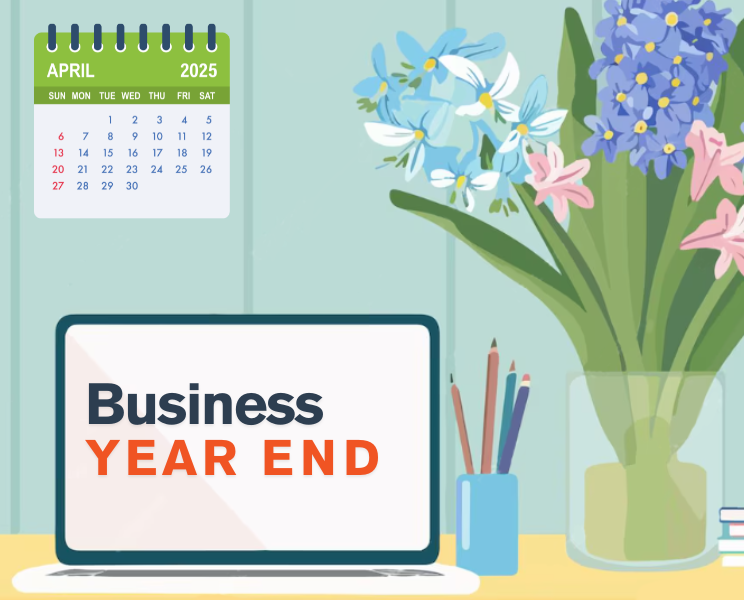6 Ways To Maximise Your Tax Savings

Now, couldn’t be a better time to talk about tax.
Government debt has skyrocketed over the past year to support the economy and individuals throughout the pandemic.
On Wednesday 3 March, Rishi Sunak will outline how the Treasury intend to repay this record level of borrowing.
Measures such as cutting pension tax relief, increasing capital gains tax, and a one off ‘Wealth Tax’ are all on the table. With these potential legislation changes and the end of the tax year looming – now is the time to act.
Here is a 6-step guide to maximise your tax savings and make your money work harder for you before it’s too late:
1 – ISAs
A stocks & shares ISA is a great way of making your money work harder for you, as everything you earn from them is free of Income Tax and Capital Gains Tax, you won’t pay tax on your interest, withdrawals or profits. You can put up to £20,000 per person into an ISA this tax year.
2 – Personal savings allowance
The Personal Savings Allowance means you don’t have to pay tax on some of the interest you receive from your cash savings accounts – up to £1,000 a year for those paying the basic rate of Income Tax and up to £500 a year for higher rate taxpayers. As interest rates are currently so low, that means you can hold a lot in a cash savings account before you would end up paying tax on the interest.
3 – Pensions
Your pension is one of the best ways to save for retirement – particularly because you get Income Tax relief on the money you put into your pension pot (up to 100% of your earnings, capped at £40,000 this tax year). That’s why you should consider paying in as much as you think you can afford on a regular basis. BUT, for higher earners, the legislation gets complex and advice is recommended before making any pension contributions in excess of just £4k!
4 – Capital gains allowance
Capital gains tax is a tax on the profit when you sell an ‘asset’ that’s increased in value. Property, investments and even jewellery are included in this. There’s a tax-free allowance of £12,300 this year. It’s likely the government will increase CGT in the near future, to be more closely aligned with Income Tax rates – so it’s worth making the most of this year’s allowances and current rates if you can.
5 – Dividend allowance
If you own stocks and shares, you’ll usually receive payments from them in the form of dividends. The first £2,000 of this is tax-free, but after that you’ll have to pay tax at varying rates according to how much you’re paid. There’s an easy way to avoid this for some, and that’s by owning the shares through a tax-efficient ‘wrapper’, such as an ISA or a pension. (See points 1 and 3).
6 – Inheritance Tax
Unfortunately, too many families are still getting a tax shock when their parents or grandparents die, as the government received a whopping £5.2 billion in Inheritance Tax in the last tax year. Although the tax-free threshold of £325,000 per person may seem generous, the rate at which Inheritance Tax is paid on the rest of your estate – 40% – is not. Use these three ways to reduce your IHT bill:
- Use your gifting allowance both you and your partner or spouse can each gift up to £3,000 a year and it will be deducted from your total estate. You can also carry forward this allowance for one year, if you haven’t used it already.
- Pay into a Junior ISA or pension for your children – up to £9,000 can be invested into a Junior ISA per child this tax year. You can also set up a pension; and a maximum contribution of £2,880 a year is topped up to £3,600 thanks to tax relief.
- Don’t forget to make a Will – this can also help you avoid falling into Inheritance Tax traps by, for example, setting up trusts for your beneficiaries.
The value of an investment with St. James’s Place will be directly linked to the performance of the funds you select and the value can therefore go down as well as up. You may get back less than you invested.
Equities do not provide the same capital security as a bank, building society or Cash ISA.
The levels and bases of taxation, and reliefs from taxation, can change at any time and are generally dependent on individual circumstances.
Please note that none of the above should constitute financial advice
Please do contact your ChadSan Account Manager if you wish to discuss any of the above.



